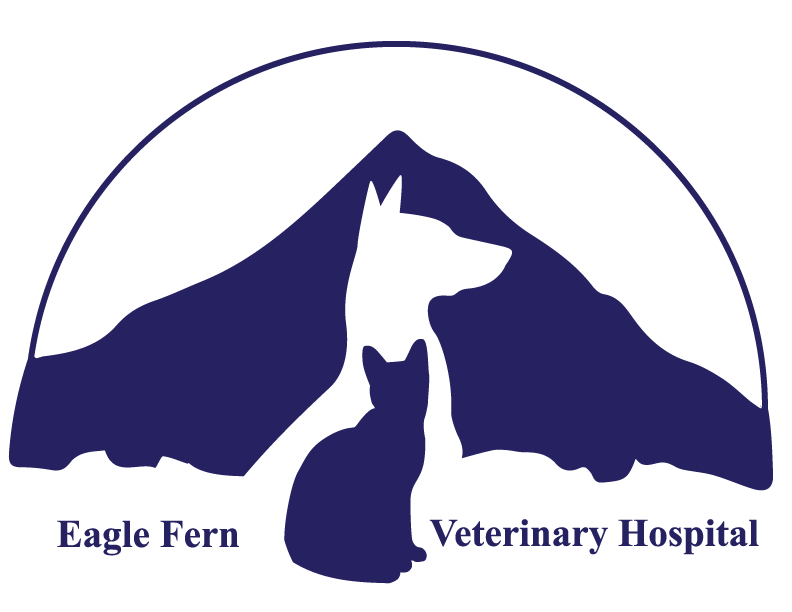|
 Dental Care Dental Care
Regularly examine your pet for signs of dental disease- bad breath, tartar, red, swollen, or painful gums, decreased appetite, difficulty eating, loose or missing teeth. If your pet has any of these signs it has periodontal disease.
Periodontal disease can start as early as 2 years of age. More than 85 percent of dogs and cats over four years of age have some form of periodontal disease, a progressive, painful inflammation and destruction of the normal tooth structure, leading to tooth loss. If periodontal disease is left unchecked, bacteria from the mouth can enter the bloodstream and travel to major organs, starting infections there. Damage to these organs caused by infection can shorten the lives of dogs and cats.
Factors that affect the incidence of periodontal disease include:
- Breed- smaller dogs tend to have more dental disease than larger dogs. Cats can have resorptive enamel lesions exposing the root of the tooth.
- Extra or malpositioned teeth- retained baby teeth can force the permanent teeth into abnormal positions and cause a build up of tartar. Brachycephalic breeds ie. Pugs have malpositioned teeth causing crowding and a tartar trap. These teeth should be extracted to avoid problems later.
- Diet- soft food can predispose to an increase in accumulation of plaque.
Professional cleaning is the best way to remove tartar on the teeth, and hopefully reverse the effects on the gums. Under anesthesia, the tartar is removed, teeth are polished, and fluoride applied and the teeth probed for pockets. A full mouth x-ray is performed to check for any unseen abnormalities under the gumline. Problem teeth are x-rayed to develop a treatment plan. A root canal or periodontal surgery may be performed to save a tooth. Any teeth that can not be saved are extracted.
To help prevent dental tartar, start brushing your pet's teeth when your pet it is young or after a teeth cleaning. We recommend daily brushing. Brushing will dramatically increase the interval between teeth cleaning appointments. Tips to get your pet to accept tooth brushing:
- - Start with a healthy, comfortable mouth. Untreated problems can cause a painful mouth and a non-compliant patient.
- - Choose a proper toothbrush. The toothbrush should have soft bristles which can reach under the gum line. Use the right size toothbrush to fit the patient, large or small. Each pet should have their own toothbrush to decrease cross contamination of bacteria from one pet to another.
- - Use special pet toothpaste. CET toothpaste is flavored to increase acceptance and does not have detergent properties as human toothpaste which can cause gastrointestinal upset if swallowed.
- - Brush your pet's teeth when the pet is relaxed. Position the pet in a corner or on your lap so that it will be secure and more easily handled. Put a small amount of toothpaste on your finger and allow the pet to taste it. Carefully lift the lips up to expose the teeth. Apply a small amount of toothpaste to the brush. Place the brush bristles at a 45 degree angle to the gum line. Move the brush gently in circular patterns over the teeth as well as back and forth. Start by brushing a few teeth. As the brushing sessions continue, slowly include more teeth. Build up to 30 seconds on each side. When you sense the pet is anxious, give reassurance by talking and trying again. Expect progress, not perfection. Reward immediately with a play period and praise after each cleaning session. Take time. Each pet is different- some will be trained in one week, while others will take a month.
- - Use other home care products to reduce plaque production. These include tartar control dry diets such as Hill's T/D, OraVet Plaque Prevention, rawhides or chew toys. Pets with periodontal disease may need antibiotics and disinfectant rinses or gels.
Most importantly, brush daily, have annual dental exams, and regularly have teeth cleaned professionally.
| 
